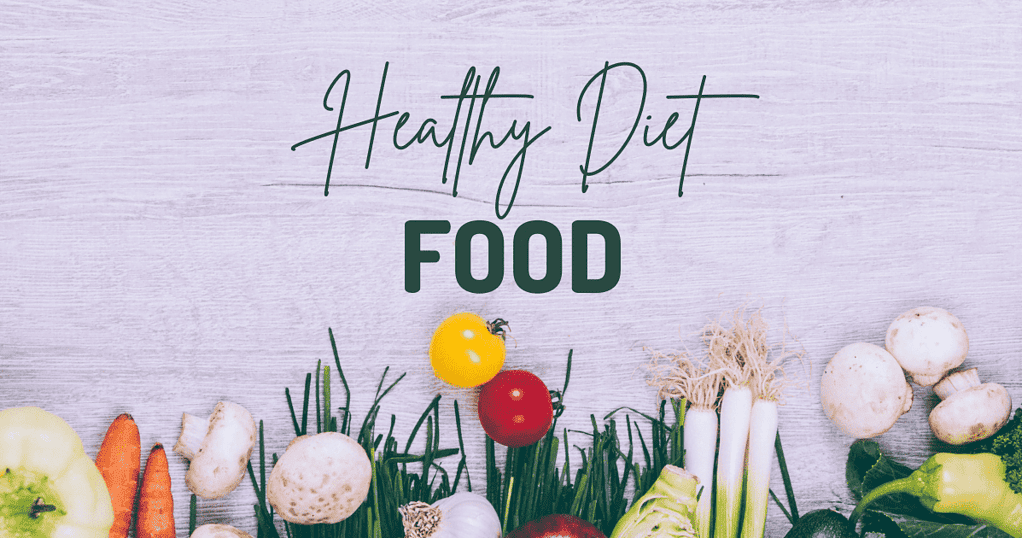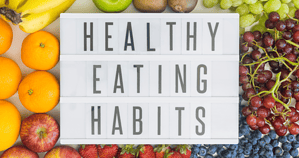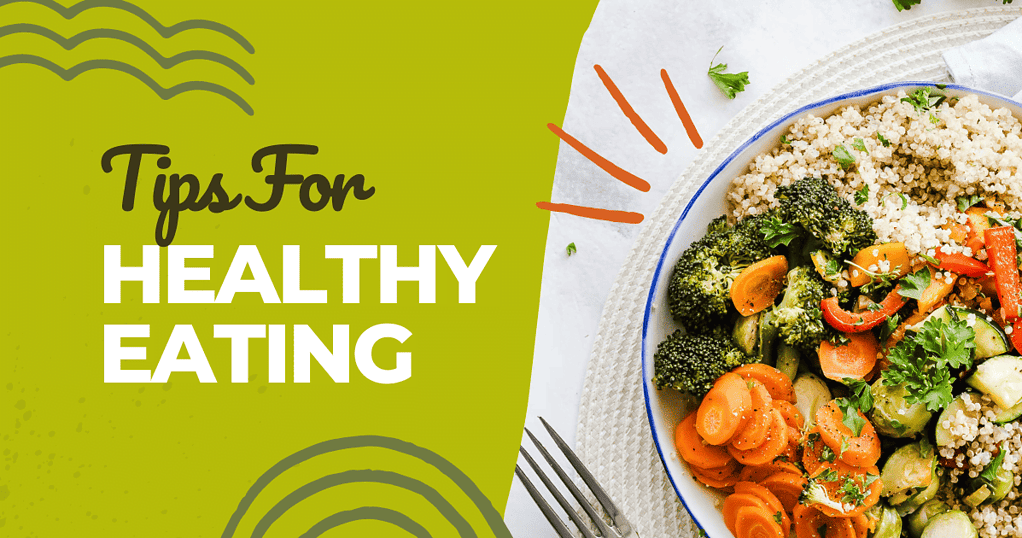
Introduction

As a nutritionist, I have seen firsthand how good nutrition can transform people’s lives. Eating a healthy, balanced diet can help you maintain a healthy weight, boost your energy levels, improve your mood, and reduce your risk of chronic diseases. In this ultimate guide to nutrition and healthy living, I will be sharing tips, advice, and insights to help you nourish your body for a healthier and happier life.
Introduction to Nutrition and healthy living
Nutrition is the study of how food affects the body. It involves understanding the nutrients that make up our food and how they impact our health. Healthy living, on the other hand, refers to making choices that promote physical, mental, and emotional well-being. Good nutrition is an essential component of healthy living, as it provides the body with the fuel and nutrients it needs to function optimally.
The importance of good nutrition for your body

Good nutrition is vital for maintaining a healthy body. It provides the body with the nutrients it needs to function properly, including carbohydrates, proteins, fats, vitamins, and minerals. These nutrients help our bodies perform essential functions such as building and repairing tissues, producing hormones, and maintaining healthy skin, hair, and nails.
Poor nutrition, on the other hand, can lead to a range of health problems, including obesity, heart disease, diabetes, and cancer. It can also affect your mental health, leading to mood swings, anxiety, and depression.
Understanding macronutrients and micronutrients
Macronutrients are the nutrients that provide the body with energy, including carbohydrates, proteins, and fats. Carbohydrates are the body’s primary source of energy, while proteins are essential for building and repairing tissues, and fats are important for brain health and hormone production.
Micronutrients, on the other hand, are the vitamins and minerals that the body needs in smaller amounts but are still essential for maintaining good health. Examples of micronutrients include vitamin C, iron, and calcium.
Tips for healthy eating habits

Eating a healthy, balanced diet is essential for good nutrition. Here are some tips for developing healthy eating habits:
- Eat a variety of foods from all food groups
- Choose whole, unprocessed foods whenever possible
- Limit your intake of added sugars, saturated fats, and sodium
- Drink plenty of water
- Practice mindful eating by paying attention to your hunger and fullness cues
The benefits of meal planning and preparation
Meal planning and preparation can help you stick to your healthy eating goals. By planning your meals ahead of time, you can ensure that you have healthy options available and avoid the temptation to reach for unhealthy snacks or fast food.
Meal preparation can also save you time and money, as you can prepare meals in bulk and freeze them for later use. This is especially useful for busy individuals who may not have time to cook every day.
Superfoods for a healthy diet

Superfoods are nutrient-dense foods that are particularly beneficial for health. Examples of superfoods include berries, leafy greens, nuts and seeds, and fatty fish.
Incorporating superfoods into your diet can help boost your intake of essential nutrients and reduce your risk of chronic diseases. However, it’s important to remember that no single food can provide all the nutrients your body needs, and a balanced diet is still essential for good health.
The Role of Supplements in Nutrition
Supplements can be a useful addition to a healthy diet, but they should not be relied upon as a replacement for whole foods. Some supplements, such as vitamin D and omega-3 fatty acids, can be difficult to obtain from food alone and may be beneficial for some individuals.
However, it’s important to choose supplements wisely and seek advice from a healthcare professional before taking them. Some supplements can interact with medications or have harmful side effects.
Common nutrition myths debunked

There are many nutrition myths out there, and it can be challenging to separate fact from fiction. Some common nutrition myths include:
- Carbs are bad for you
- You need to eat meat to get enough protein
- Eating fat makes you fat
These myths are not true, and research has shown that a balanced diet that includes carbohydrates, protein, and healthy fats is essential for good health.
Key nutrients for specific health concerns
Certain nutrients can be particularly beneficial for specific health concerns. For example, calcium and vitamin D are essential for bone health, while omega-3 fatty acids may reduce inflammation and improve heart health.
If you have a specific health concern, it’s important to speak to a healthcare professional to determine which nutrients may benefit you.
Incorporating physical activity into your healthy lifestyle

In addition to good nutrition, physical activity is also essential for healthy living. Regular exercise can help you maintain a healthy weight, reduce your risk of chronic diseases, and improve your mental health.
Incorporating physical activity into your daily routine can be as simple as taking a walk after dinner or doing a few yoga poses in the morning. The key is to find activities that you enjoy and that fit into your schedule.
Conclusion: Nourishing your body for a healthier and happier life
In conclusion, good nutrition is essential for a healthy body and mind. By understanding the nutrients that make up our food and making healthy choices, we can fuel our bodies with the energy and nutrients they need to function optimally.
Incorporating physical activity, meal planning and preparation, and superfoods into our diets can also help us maintain good health and reduce our risk of chronic diseases. If you have a specific health concern, it’s important to speak to a healthcare professional to determine which nutrients may benefit you.
Remember, nourishing your body is a lifelong journey, and small changes can add up to significant improvements in your health and well-being.


